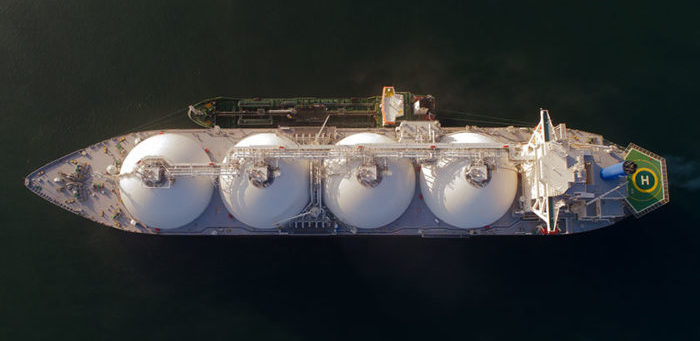The Chinese Ministry of Transport issued a notice to ensure the safety and security of maritime transportation of LNG. Namely, the notice requires all relevant actors to implement safety measures for LNG transport and improve supervisions and inspections.
More specifically, China demands:
- Transportation authorities to implement safety standards;
- Port and shipping companies to implement operational procedures;
- Transportation organizations to focus on the protection of maritime transportation of LNG and improve the efficiency of LNG ships entry and loading and unloading operations.
[smlsubform prepend=”GET THE SAFETY4SEA IN YOUR INBOX!” showname=false emailtxt=”” emailholder=”Enter your email address” showsubmit=true submittxt=”Submit” jsthanks=false thankyou=”Thank you for subscribing to our mailing list”]
The notice also emphasizes that maritime administrative agencies must ensure that natural gas operations will improve, while also take effective measures to ensure an unobstructed transportation of LNG though the sea.
What is more, LNG is considered vital for China, as it will meet the heating needs of people and it will help in the smooth operation of the economy. The above are part of China’s attempt to reduce air pollution, as the Asian country released a three-year action plan to reduce air pollution by 2020.
In this plan, an environmental friendly transport system, which will incorporate high fuel efficiency and low emissions, is key. To achieve this system, China will attempt to increase the use of railways and waterways and reduce that of road transport.
The plan will go to cities in the Fenwei plain in Shanxi, Shaanxi and Henan provinces, where air pollution is getting worse. The action plan will have as a priority the district heating with coal-based combined heat and power plants, as well as switch to gas or electricity.
These new measures are based on previous ones, as it will decommission inefficient coal power units under 300MW, or build high efficiency and low emission units to replace them. Namely, Henan and Guangdong will shut down one GW each this year.
However, there is one problem. Many of the commodities that are needed for this plan to succeed, are imported, while a large amount of the current capacity will need further supervision and environmental compliance. Nevertheless, from January to October 2018, China has imported 41.56 million tons of LNG, an increase of 43%.






























































